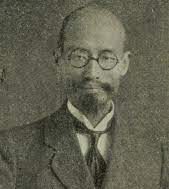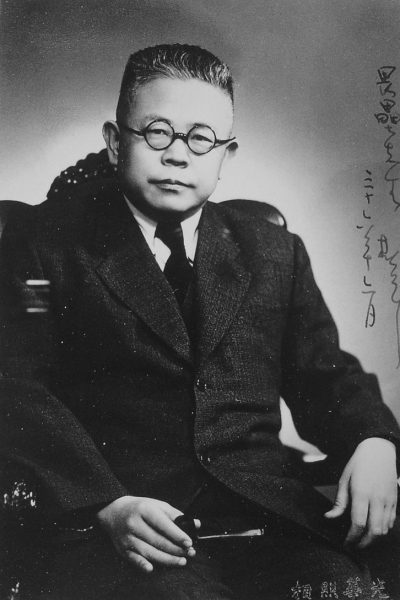Tseng Ch'i (5 August 1892-7 May 1951), leader of the Young China party. Although Tseng Ch'i was born in Lungch'ang, Szechwan, he spent his childhood in Kwangsi, where his father, Tseng Yu-san, served as a minor government official. He was orphaned while still a boy, whereupon he and his elder brother, Tseng Chao-yü, returned to […]








